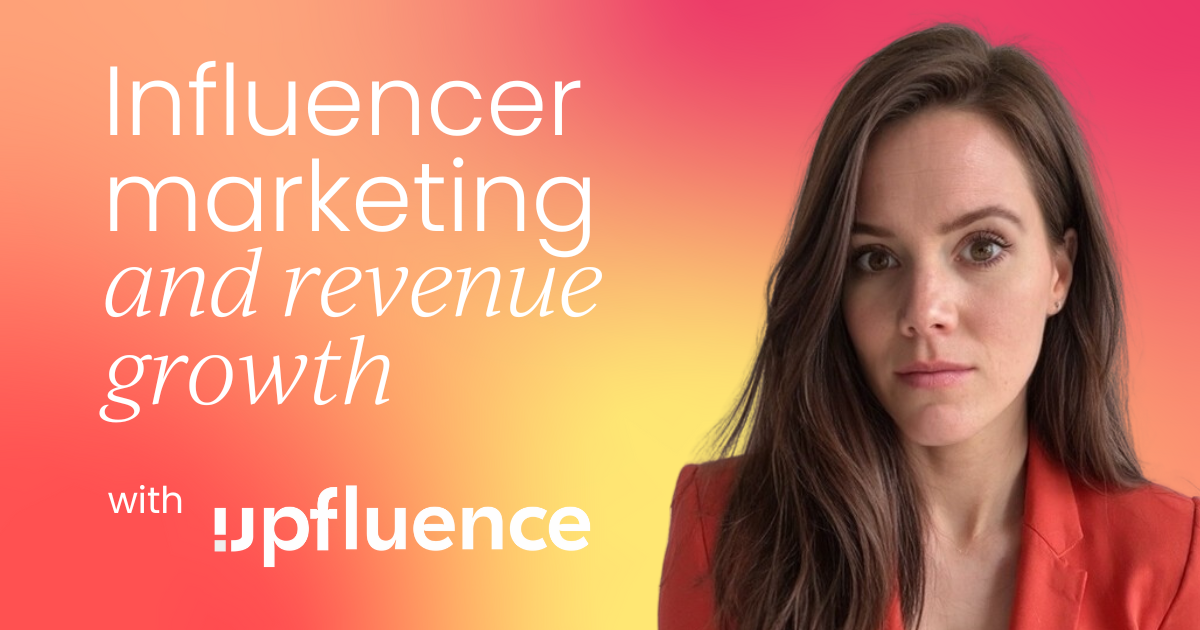Your competitors have something to teach you. Yes! You may have differences in values, team, sales targets, etc. but one thing you have in common is the clients. You stand to gain a lot from paying attention to what they do and following their lead (or avoiding their mistakes!) to grow your business.
Simply put, a competitor analysis is an assessment of the strengths and weaknesses of current and potential competitors. In digital marketing, you will need to look closely at what your competitors are doing, when they are doing it, and how they are doing it.
Why you need to do a competitor analysis
If you are new to digital marketing, what your competitors do or don't do can guide your strategy on how you too can attract visitors, turn them into leads, and close sales. For this, you will need to analyze competitors that are closely related to your brand, particularly those with the largest market share.
Perhaps you’ve hit a sales plateau or, worse, sales are going down. A look into your competitors may be just what you need to find new ways to up your game and start attracting leads again. You can do this by looking at the competitors who seem to have the highest web traffic, social media following, and positive online mentions. What are they doing to get those results?
Before you embark on this journey to attract new customers or retain your current loyal fans, you need to take a brand health test. Done right, a brand health test will help you to gain a fresh outlook on what your brand stands for. It will help you and your team revisit the problem you are trying to solve, who you want to solve it for, and why your solution is the best. If you don’t yet have your buyer persona pinned down, this is the time to fix that.

The simple analysis you can do today
Here are the simple steps you can take today to analyze your competitors and grow your business. These steps can be done manually, but for a more in-depth platform analysis, you will need certain tools.
Step one: Find out what platforms your competitors are using
Pay close attention to which platform they use the most and research why they might have made that choice. Understanding what attracted them to the platform could shed light on facts you had not been aware of.
Step two: Look at the demographics in the platform
Here are some of the trends you want to look at among your competitors’ users:
- Age group
- Gender
- Number of monthly active users
- Geographic location
- User purchasing power/ economic situation
Step three: Understand how frequently your competitor uses this platform
Look for these indicators:
- Average number of posts per day and per month
- Time of day at which your competitor posts
- Type of content shared. Which of these are your competitors using the most?
- Videos
- Memes
- Images
- Carousels
- Text / quotes
Step four: Analyze their engagement rates
You know what they are posting and when, but what are the followers’ most common reactions? Here’s what you can look for first:
- Website visits
- Likes
- Comments
- Shares (Repost, retweets, etc.)
- Hashtag response from followers.
When you understand what excites your competitors’ followers, you can create a similar or more optimized strategy to grow your business.
Step Five: Get insights into competitors’ marketing campaigns
Details to keep an eye on:
- What are they offering?
- How are they offering it? In other words, how unique is their campaign?
- What's their end game?
- How long is the campaign? If they’re milking the campaign for all it’s worth, that could suggest that it’s proving to be effective.
- Who are they working with? (Influencers, media houses, small businesses, etc.)

How to use this information
Now you have this insight into your competitors, act fast!
First, rethink your strategy and make changes where needed. Then, recreate the most effective content you saw on your competitor's platforms. Take your new content for a spin and see how it works for you.
Using the insights into your competitor's campaign wins and failures, you can create better-targeted ads and reap the rewards. What worked for them will most likely work for you.
Don't be afraid of failure, instead, test out as many ideas as possible, enjoy the wins and learn from your mistakes. Above all, have fun!
One more thing: be sure to enlist the help of a digital marketing consultant when you feel you need more help.
How are you handling competitor analysis? Need tips on how to leverage it? Join the conversation with a global network of CMOs and marketing leaders on the CMO Alliance Community Slack channel.







.png)









 Follow us on LinkedIn
Follow us on LinkedIn




